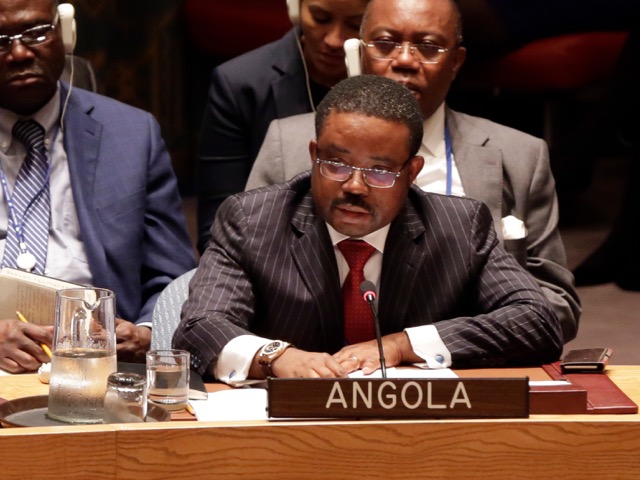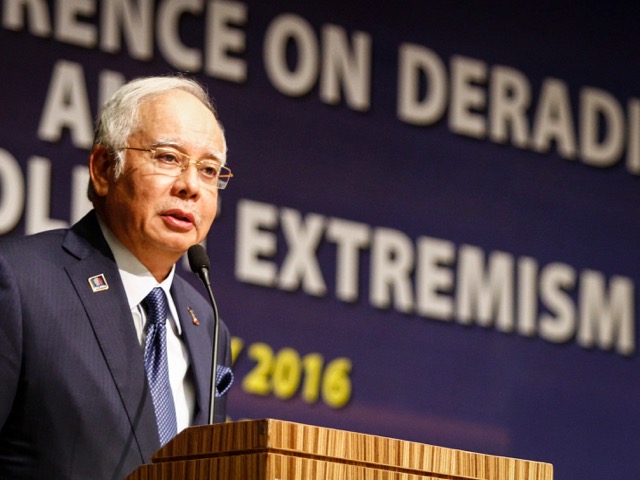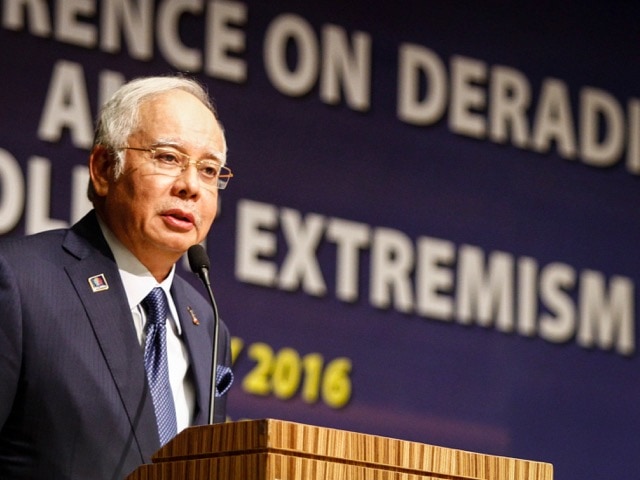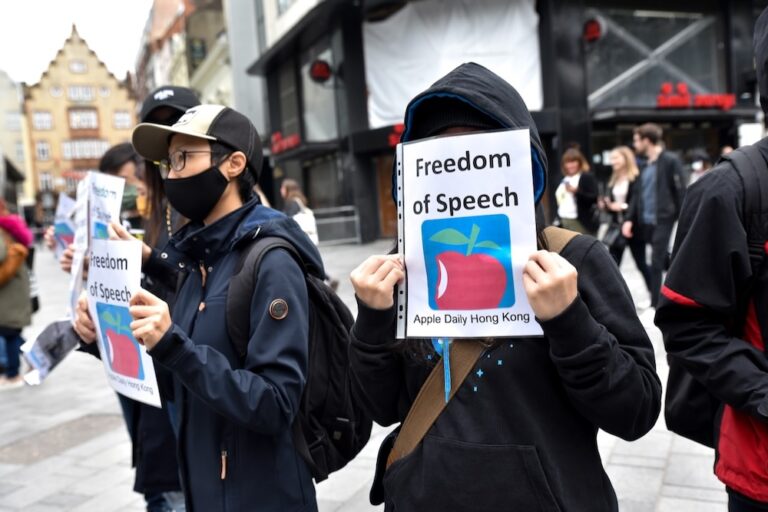Six countries that are often overlooked in the news warrant special scrutiny as they reach turning points in their trajectory toward - or away from - democracy.
This statement was originally published on freedomhouse.org on 3 February 2016.
In the coming months, pivotal events will take place in Iran, where moderate reformists face critical February elections; Venezuela, because of the pitched battles between the opposition-controlled National Assembly and President Nicolás Maduro; Myanmar, where Aung San Suu Kyi will attempt to advance a genuine transition from military rule; and Nigeria, where President Muhammadu Buhari seeks to fulfill promises to subdue both corruption and Boko Haram.
But six countries that usually receive far less attention warrant special scrutiny as they reach turning points in their trajectory toward – or away from – democracy.
Angola
Having ruled for over 35 years, President José Eduardo dos Santos faces growing dissent. He is striking back at his critics – ranging from democracy-minded book clubs to dissident rappers – with intense repression, including charges of “rebellion.” Surveillance by plainclothes police has increased, and civil society groups have been hit with a new law banning activity that is “harmful” to the “sovereignty and integrity of Angola.” Because of the economy’s dependence on oil exports, instability could worsen if tumbling oil prices disrupt the patronage system that supports the ruling elite.
Bosnia and Herzegovina
Republika Srpska leader Milorad Dodik is preparing a referendum that could lead the Serb enclave to reject the authority of the national courts – a profoundly unsettling move in a country where ethnic mistrust and separatist sentiment remain strong. While the European Union interceded to blunt similar machinations in 2011, the bloc remains preoccupied with a refugee crisis and fiscal problems, and it may not come to the rescue. Dodik’s constant provocations exacerbate the chronic government dysfunction that keeps oligarchs like him in power.
Democratic Republic of Congo
From the late 1990s until roughly 2004, Congo was ravaged by the Great War of Africa – a complex civil conflict that pulled in at least five neighboring countries and led to the deaths of nearly 4 million people. The country’s east has remained unstable, and President Joseph Kabila has maintained only a shaky grip on power in Kinshasa since 2001. Kabila is due to step down in 2016, but he has begun political and legal maneuvering to extend his rule. The country is on edge as rumors fly about a constitutional amendment that would allow Kabila to seek a third term or lengthy electoral delays. Such a power grab would be met with resistance, raising the possibility of significant violence.
Kuwait
Kuwait has sometimes been regarded as a moderate, reform-minded state, especially in comparison with its neighbors in the Persian Gulf. However, the monarchy has been squeezed by Arab Spring–inspired activism by stateless residents and other disadvantaged groups, demands for corruption probes of the ruling family, and genuine terrorist threats. Its response has been to drift toward the highly repressive model of Bahrain. Over the past year, the government enacted a draconian cybercrime law, stepped up citizenship revocations, and revived use of the death penalty. If Kuwait continues down this path, it will fuel further unrest and squander the opportunity to build a more stable and democratic system.
Malaysia
Prime Minister Najib Razak is facing pressure from his own party, political opponents, and Malaysian society at large over the massive 1MDB embezzlement scandal, as Malaysian, U.S., and other authorities continue to investigate allegations that US$700 million from a government investment fund landed in the prime minister’s personal bank accounts. In response, Najib’s government has ramped up repression, purging opponents and using draconian laws to silence critics. Meanwhile, authorities have launched a campaign to enforce conservative societal norms, targeting religious minorities, women, transgender Malaysians, and the LGBT community more generally.
Poland
Claiming a voter mandate to protect workers, parents, and pensioners and promote Polish and Christian values, the newly elected government formed by the right-wing Law and Justice party has taken over state media and pushed through legislation designed to paralyze Poland’s Constitutional Tribunal, effectively removing a check on further unilateral changes. The actions prompted an alarmed European Commission to initiate a new mechanism to review Poland’s adherence to EU standards for the rule of law. In response, the Polish justice minister drew parallels between EU scrutiny and the Nazi occupation of Poland. Law and Justice party leaders are likely emboldened by the failure of repeated EU rebukes to restrain the quasi-authoritarian actions of Hungary’s right-wing government since 2010.

Angola’s Finance Minister Armando Manuel speaks in the United Nations Security Council, 17 December 2015AP Photo/Richard Drew

In this 25 January 2016 photo, Malaysian Prime Minister Najib Razak speaks at a conference in Kuala Lumpur, MalaysiaAP Photo/Joshua Paul



